The Electrification Fever and Hasty Promises
At the start of this decade, the global auto industry saw a wave of bold commitments to ditch the internal combustion engine altogether. Brands like Volvo and Bentley set a target of 100% electric vehicles (EV) by 2030, while Ford of Europe also announced that it would only sell electric passenger cars. Other ambitious plans were also put forward: Porsche expects 80% of its sales by 2030 to be electric, while Audi aims to stop selling gasoline cars by 2032.
But the predictions of a lightning-fast electric vehicle revolution have not materialized. Demand has not been as robust as expected, forcing many manufacturers to delay plans, some by a few years, others indefinitely. The rush to bet everything on an all-electric future has cost many brands dearly.
BMW and Toyota's separate paths
While much of the industry is racing toward electrification, BMW and Toyota have chosen a different and more cautious path. Instead of declaring the end of the internal combustion engine, BMW has stuck to its “Power of Choice” philosophy, offering customers a full range of powertrain options: gasoline, diesel, plug-in hybrid (PHEV), pure electric (EV), and soon hydrogen fuel cells.
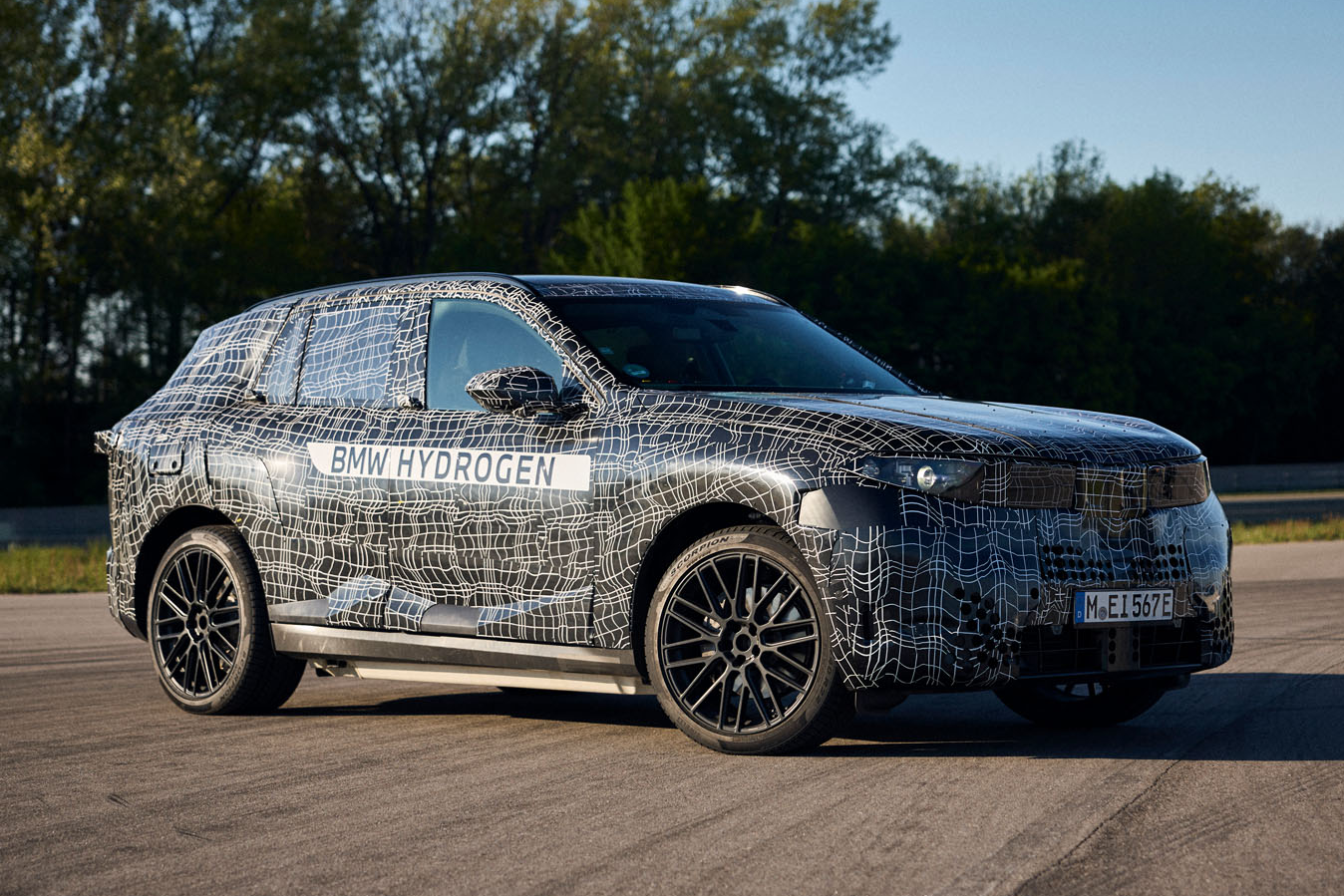
The clearest evidence is the plan to launch the new generation iX5 Hydrogen model in 2028. Developed on the Neue Klasse platform and using a fuel cell system co-developed with Toyota, this will be BMW's first commercial product line equipped with this technology. BMW CEO Oliver Zipse has repeatedly publicly opposed the European Union's plan to ban the sale of internal combustion engine cars by 2035, arguing that this policy limits consumer choice and could eliminate tens of thousands of jobs.
Toyota, on the other hand, is pursuing a similar multi-pronged strategy. President Akio Toyoda once predicted that electric vehicles would never account for more than 30% of the global market. Instead of focusing solely on EVs, Toyota is investing heavily in alternatives to reduce emissions, including developing synthetic fuels, biofuels, and testing hydrogen-powered internal combustion engines in high-performance models like the GR Yaris and GR Corolla.
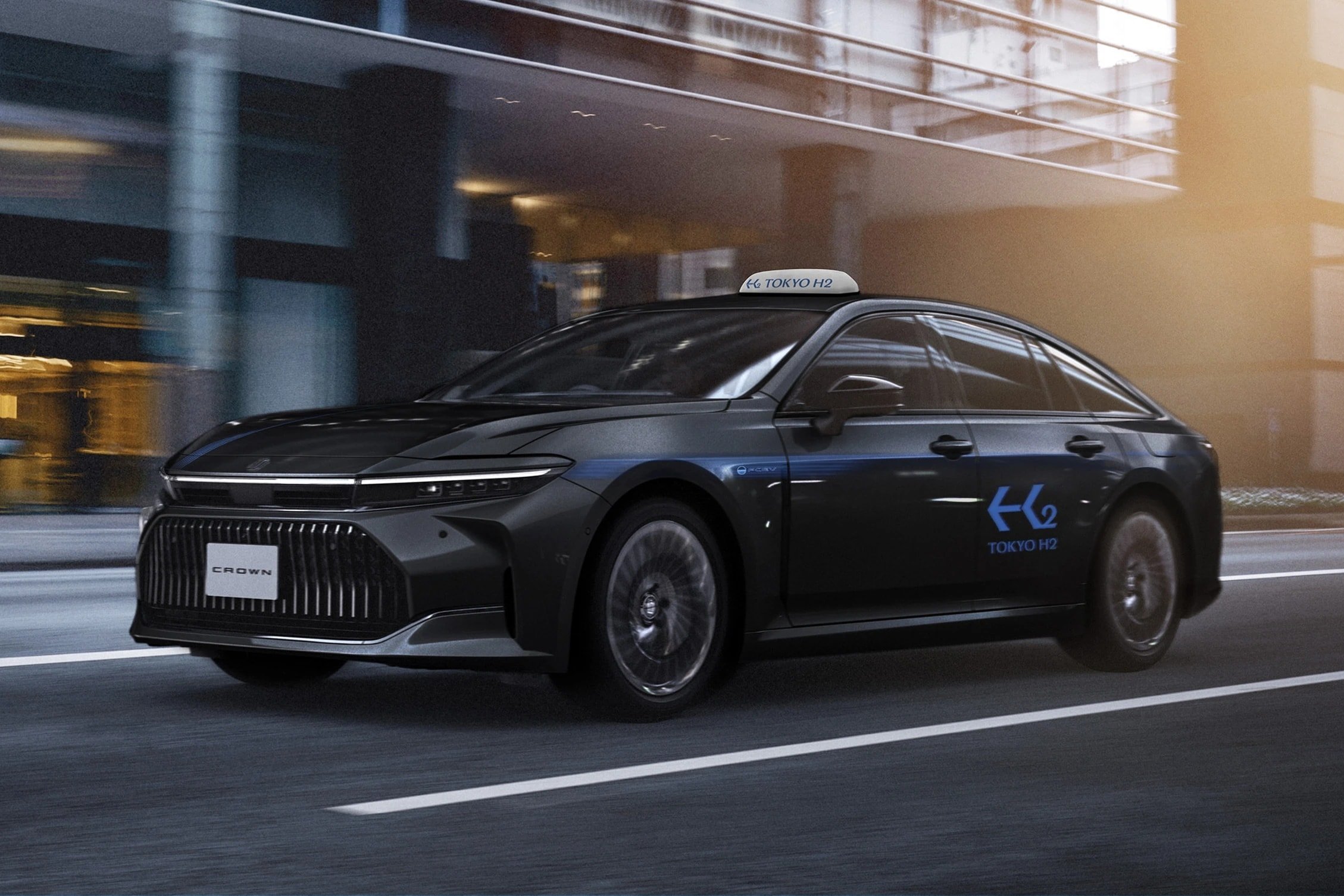
When competitors have to "turn around"
It is this commitment to diversification that has helped BMW and Toyota avoid the costly pivots that many of their rivals are facing. Porsche is a prime example: the German sports car maker is now forced to reinvest in an internal combustion engine version of the next generation Macan, which was originally planned to be electric-only. Mainstream sports cars like the Boxster and Cayman are also returning to traditional internal combustion engines.
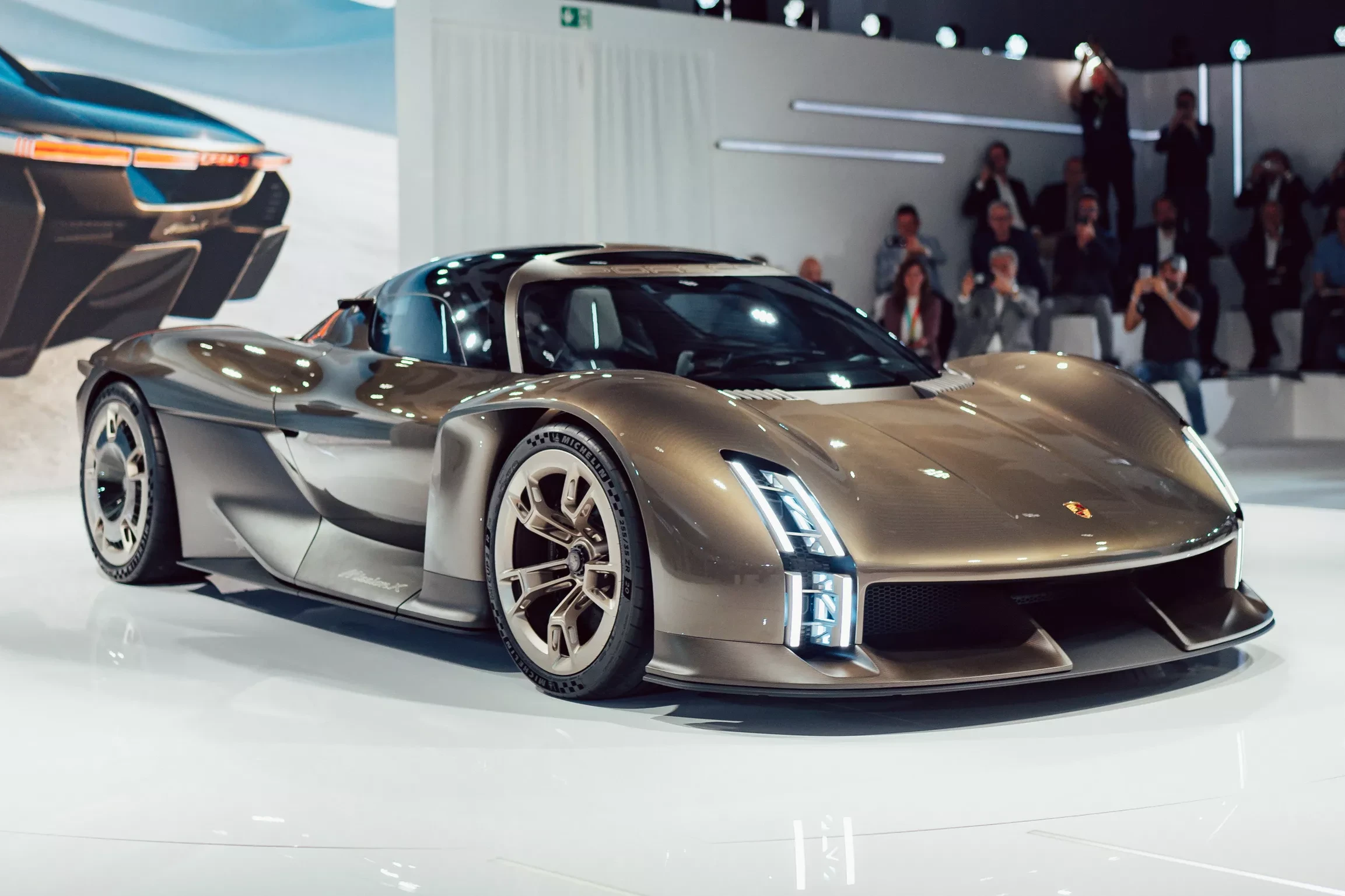
These unplanned adjustments not only slowed down the roadmap but also cost Porsche and its parent company Volkswagen billions of dollars. According to estimates, this strategic change could cost the company up to $2.11 billion.
Electric vehicle market: Growth but uneven
There’s no denying that the electric vehicle market is still growing. According to the European Automobile Manufacturers Association (ACEA), electric vehicles accounted for 17.7% of all new car sales in Europe in the first eight months of the year, up from 14.1% in the same period. The International Energy Agency (IEA) also forecasts that more than 20% of new cars sold globally in 2024 will be electric, equivalent to 17 million units.
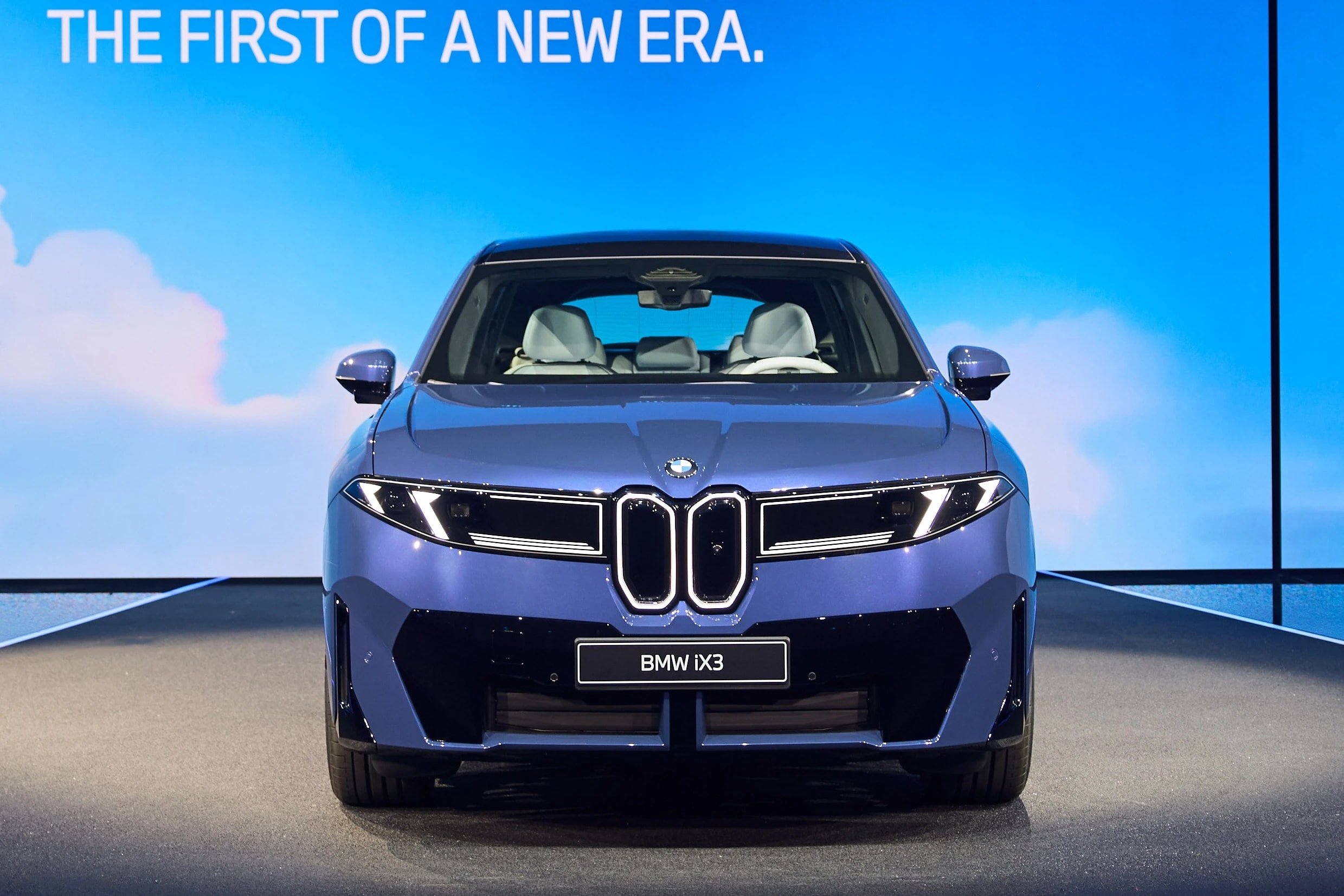
But the shift is happening differently across regions. In Norway, electric vehicles account for 89% of new car sales, but in a large market like the US, that figure is just 9.2%. Huge differences in charging infrastructure, government support, and consumer affordability mean that a single “all-EV” strategy cannot fit all markets.
Conclusion: Strategic vision creates advantage
By properly assessing market realities and diverse consumer needs, BMW and Toyota have opted for a flexible strategy rather than chasing the electrification trend at all costs. The multi-energy roadmap not only helps them better respond to different market conditions but also provides a solid position, ready to adapt to any scenario, whether the transition to electric vehicles is fast or slow. In a long-distance race, caution and strategic vision are proving to be the decisive advantages.
Source: https://baonghean.vn/chien-luoc-da-nang-luong-bmw-va-toyota-da-dung-10308160.html










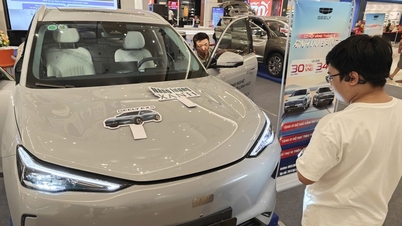





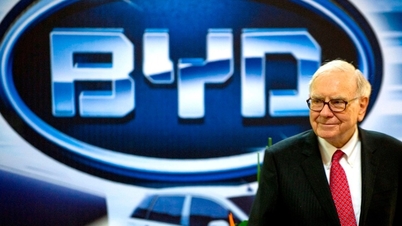











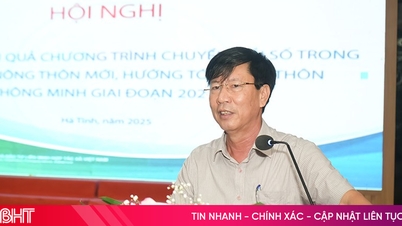






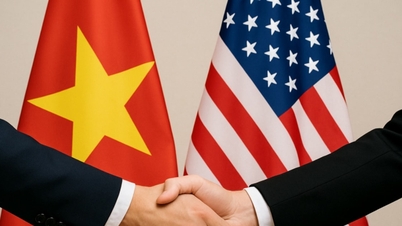



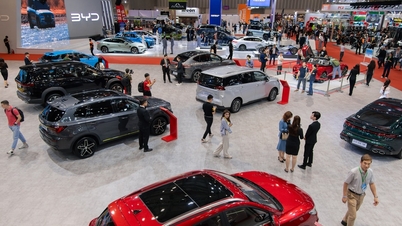
![[Photo] Solemn opening of the 1st Government Party Congress](https://vphoto.vietnam.vn/thumb/1200x675/vietnam/resource/IMAGE/2025/10/13/1760337945186_ndo_br_img-0787-jpg.webp)
























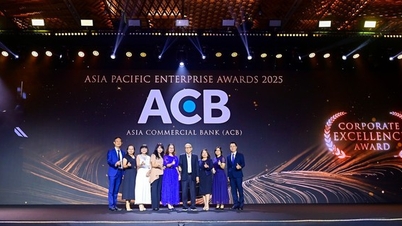











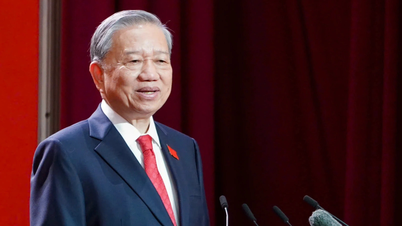

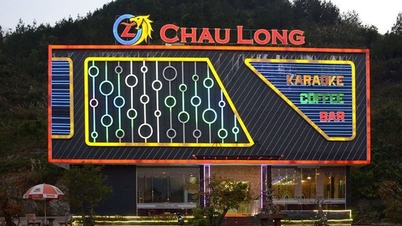






























Comment (0)